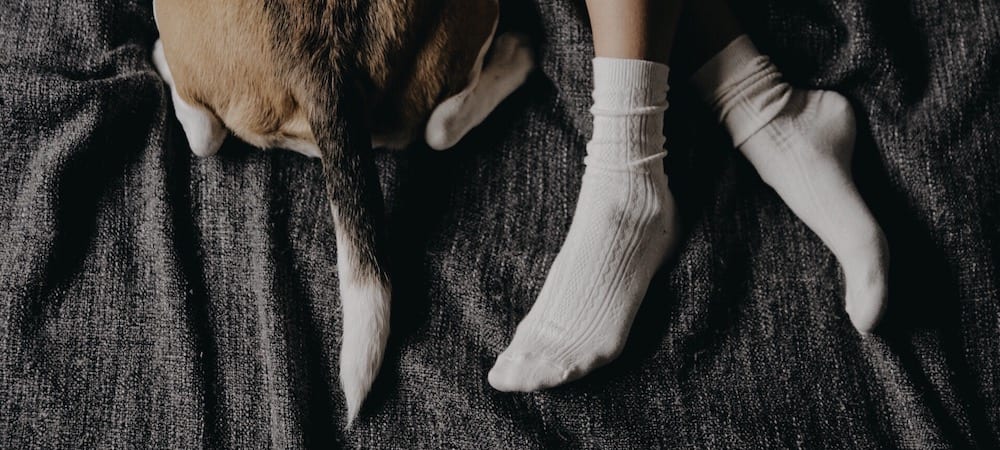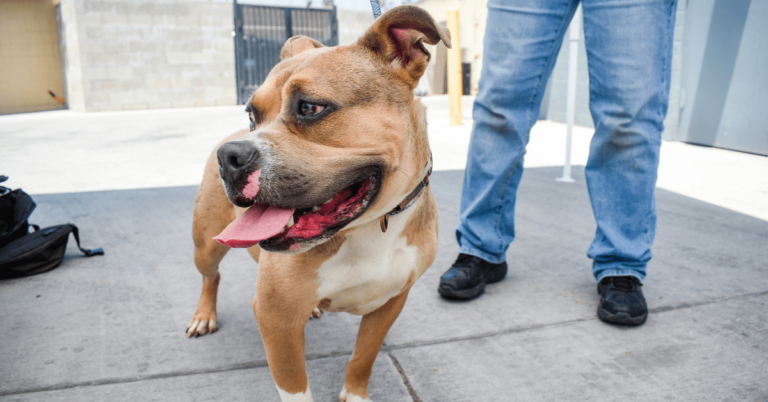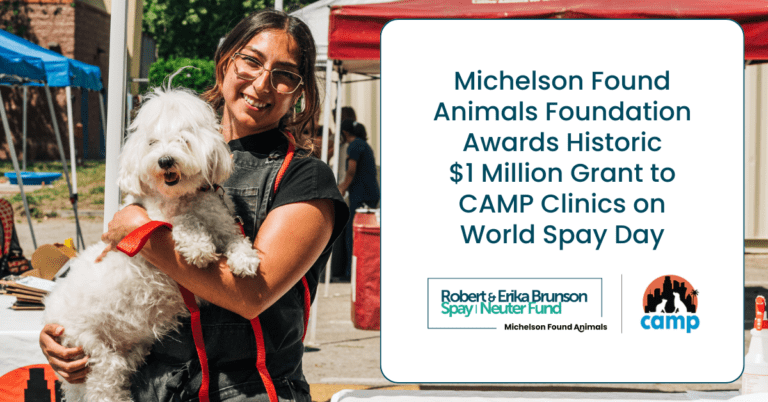How to Stop Cat and Dog Farting

Pet ownership comes with a wide range of unpleasantries, including vomiting, diarrhea, anal gland expression and more. One of these gross parts of pet ownership is cat and dog farting. So how does one stop pet flatulence? Here’s what to do if you have a farting dog or cat on your hands!
Dog Farting 101
Your dog farts when gas gathers in their intestinal tract and colon. It’s a normal process that happens when bacteria helps digest certain types of food. While it smells terrible, it’s probably nothing to worry about. Call your vet if the flatulence persists even after you switch up your pet’s diet.
The main cause of flatulence in dogs is diet. Low-quality food or feeding your pup human food, particularly anything with dairy (lactose), can give your dog gas. Your farting dog might also be suffering from food sensitivities or allergies or they ate too fast and swallowed some air. Lastly, flatulence is a side effect of some medications and medical issues.
Since the cause of your dog’s gas is probably food-related, feeding your pup a healthy and consistent diet is the best way to cut down on flatulence. Here are some tips for canine healthy eating:
- Some dogs are lactose intolerant or lactose sensitive. Avoid feeding these pooches any dairy products. This means no cheese!
- Don’t feed your farting dog human food. Restrict their diet to dog food. Frequently pups have sensitivities and allergies to human food.
- If your dog gulps down their food really quickly, split their meals in half. Serve them two separate smaller meals instead of one big one.
- Only feed your pup nutritious food that is easy to digest. Do a little research about high-quality dog foods or, better yet, ask your veterinarian for a recommendation. Avoid foods that contain corn, ash or low-quality proteins.
- Know which foods your farting dog is allergic or sensitive to and avoid them at all costs.
If you’re only feeding your dog quality, healthy food, their gas should clear up shortly. Also their bowel movements will be well-formed and firm. Again, if they continue constantly farting, call your veterinarian.
Cat Farts 101
Do cats fart? While dog farting is more common, cats do fart! Cat farts occur when gas is trapped in a kitty’s stomach or intestines. A little bit of gas is nothing to worry about, but call your vet if your cat continues to fart or has other illness symptoms or the gas smells really foul. Common reasons for cat flatulence are:
- Diets containing lots of soybeans, corn, wheat or fiber
- Food allergies
- Furballs
- Eating dairy
- Eating spoiled foods
- Poor absorption of food
- Eating too quickly and swallowing air
- Overeating
- Intestinal parasites
Usually ending the cat farting entails an overhaul of your kitty’s diet. We suggest writing down everything that your cat eats in a day and hopefully that will reveal the cause of the gas. Keep your kitty away from spoiled food and make sure your cat gets enough exercise. You might also want to try feeding your multiple cats separately or offering your gassy cat smaller, more frequent meals. If these steps don’t work, ask your vet for a recommendation for a low-fiber food.
Know that it’s time to see the vet if the gas continues or it smells particularly bad. You should also contact your vet if your cat’s belly is painful to the touch or your kitty displays other signs of illness such as a bloated abdomen, decreased appetite, diarrhea, excessive drooling, vomiting, scooting their tush across the floor or bloody bowel movements.


